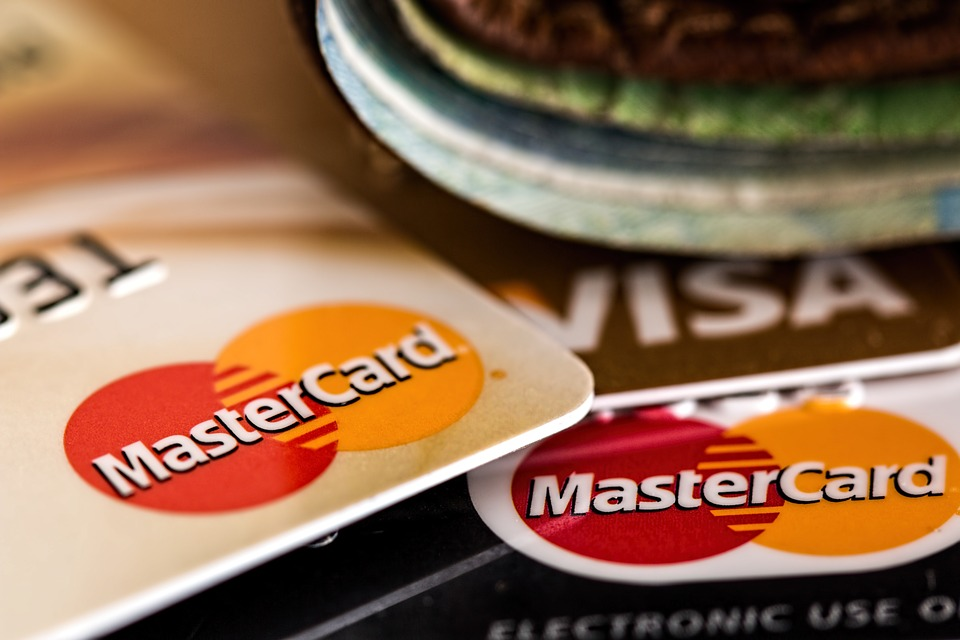Retirement-age Americans are most likely to appreciate the convenience and financing capabilities of credit cards, while young millennials tend to seek out rewards and are prone to having a negative opinion of credit cards overall, according to WalletHub’s 2018 Summer Credit Card Survey.
Why are millennials more likely to dislike credit cards? Well, bad experiences with debt – both first-hand and through family members – is likely a major contributor.
“Younger people charge (and carry a balance) at higher rates and pay off at lower rates than older people,” said Lucia Dunn, a professor of economics at Ohio State University. “So of course, younger people are having more trouble managing their credit card debt. That would give a person a negative opinion of cards.”
There is more to this interesting dynamic, too. What about the fact that 58% of baby boomers say low rates make for the best credit card offers, while 51% of millennials choose rewards?
Interestingly enough, things like online gaming and social media could have a lot to do with that, according to Dara Duguay, executive director of the Credit Builders Alliance.
“I think that the younger generation is more used to a reward culture,” Duguay said. “The advent of connecting rewards to social media and online offerings has become ubiquitous. For older Americans who are not avid users of social media, the interest rate has been a tried and true comparison tool.”
WalletHub’s survey also found that baby boomers are 479% more likely than millennials to value credit cards for their convenience relative to cash.
Millennials might not consider credit cards to be as uniquely convenient as their older counterparts due to the rise of peer-to-peer payment platforms. The correlation between age and wealth – older people tend to be richer – also shapes what folks look for in a credit card, according to Eesha Sharma, an associate professor of business administration in the Tuck School of Business at Dartmouth College.
“Younger individuals may be using credit cards as a financing tool (to get things they otherwise could not), while older individuals may be using them as a substitute for cash,” Sharma said. “This makes credit cards a very convenient alternative to cash, especially for those who can and do immediately (often automatically) repay their credit card bills.”
Some recent market developments also provide important context for these age-based dynamics. For starters, credit card debt is at near-record levels, with U.S. consumers owing more than $1 trillion to credit card companies, according to Federal Reserve data.
So it makes sense that older and wiser people are taking advantage of credit card interest rates while there are still deals to be had. And the best credit cards right now are just about as good as they’ve ever been.
Even the averages are impressive.
The average 0% credit cards offer just under 11 months without interest on new purchases and slightly more than 12 months on balance transfers, according to WalletHub’s latest Credit Card Landscape Report. Both figures are records dating back to 2010. Similarly, the average initial rewards bonus – $139 cash back or 15,732 points/miles – has more than doubled since the beginning of the decade.
Thanks for reading CPA Practice Advisor!
Subscribe Already registered? Log In
Need more information? Read the FAQs



